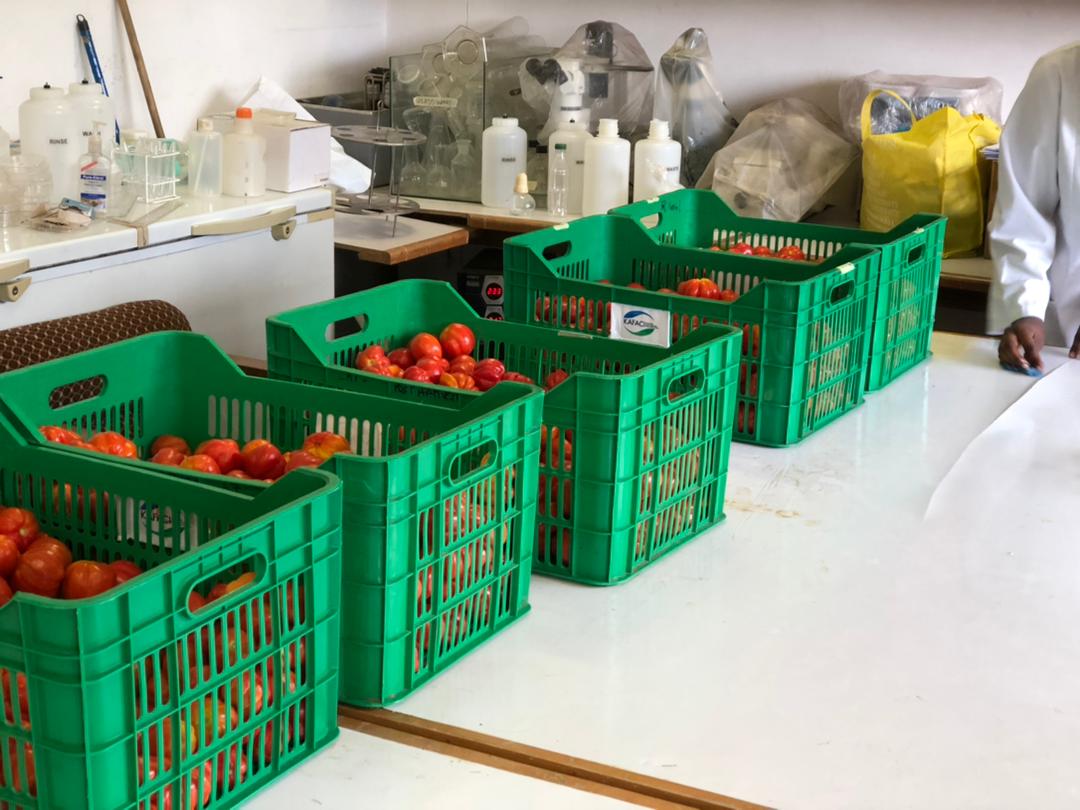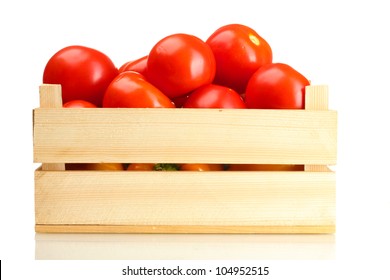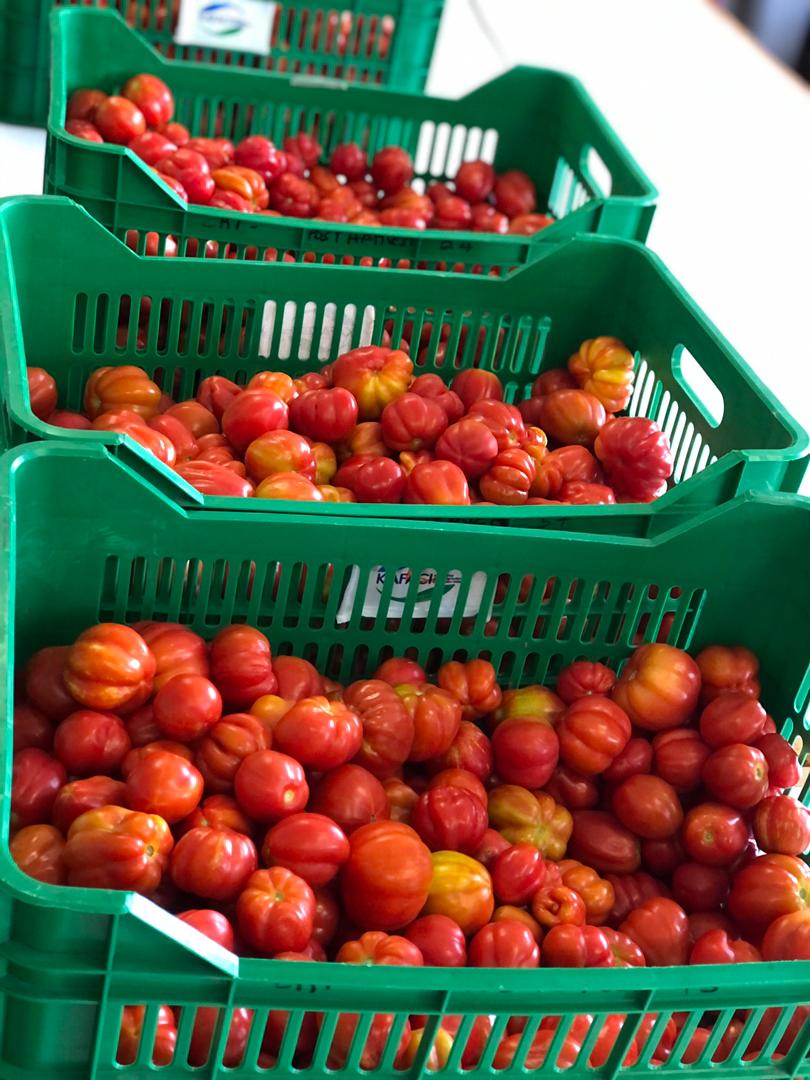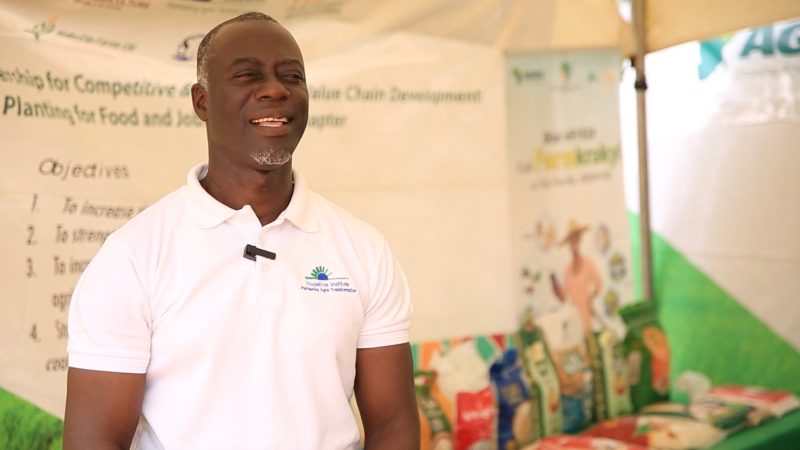
Tomato farmers and transporters have been urged to desist from the traditional way of packing and boxing the commodity in wooden boxes before transporting to market centres and consumers.
These practices affect the lifespan and durability of tomatoes, according to a food technologist with the Council for Scientific and Industry Research (CSIR).
Mrs Faustina Okyere says tomatoes are a very sensitive breed and ought to be adequately taken care of to last a bit longer than often experienced.

Speaking on “The State of Tomato Production and Post-Harvest Concerns In Ghana” on Akuafo Kye Fa show on Oyerepa 100.7fm, she observed the poor handling as one of the key factors affecting the shelf life of tomatoes in homes.
Tomatoes are an essential crop commodity largely consumed by Ghanaians.
Due to its voluminous consumption, the country depends mostly on neighbouring countries, especially Burkina Faso, to meet its growing demands.
The Food technologist explains that tomatoes need a cool temperature to survive.
Mrs Faustina Okyere is therefore advocating the use of plastic crates in transporting tomatoes to the market centres for its mass distribution.

She raises concern that, “tomato being a perishable crop as a result of its high moisture content has a short shelf life of about 48 hours under tropical conditions and must be given the needed protection”.
She also revealed that the post-harvest quality and shelf life of the fruit will depend on some post-harvest handling practices and treatments carried out after harvest.
“Therefore, handling practices like harvesting, precooling, cleaning and disinfecting, sorting and grading, packaging, storing, and transportation played an important role in maintaining quality and extending shelf life,” she noted.
Arguably, physical handling of the crop has a drastic effect on the shelf life of the crop hence all the precautionary measures ought to be taken seriously to avert position rot and damage of the crops.

“When these steps are overlooked, it will affect the income and revenue mobilisation of the farmer,” observed the food technologist.
She added that the use of plastic crates is one tool we can rely on to minimise tomato post-harvest losses in the country.


